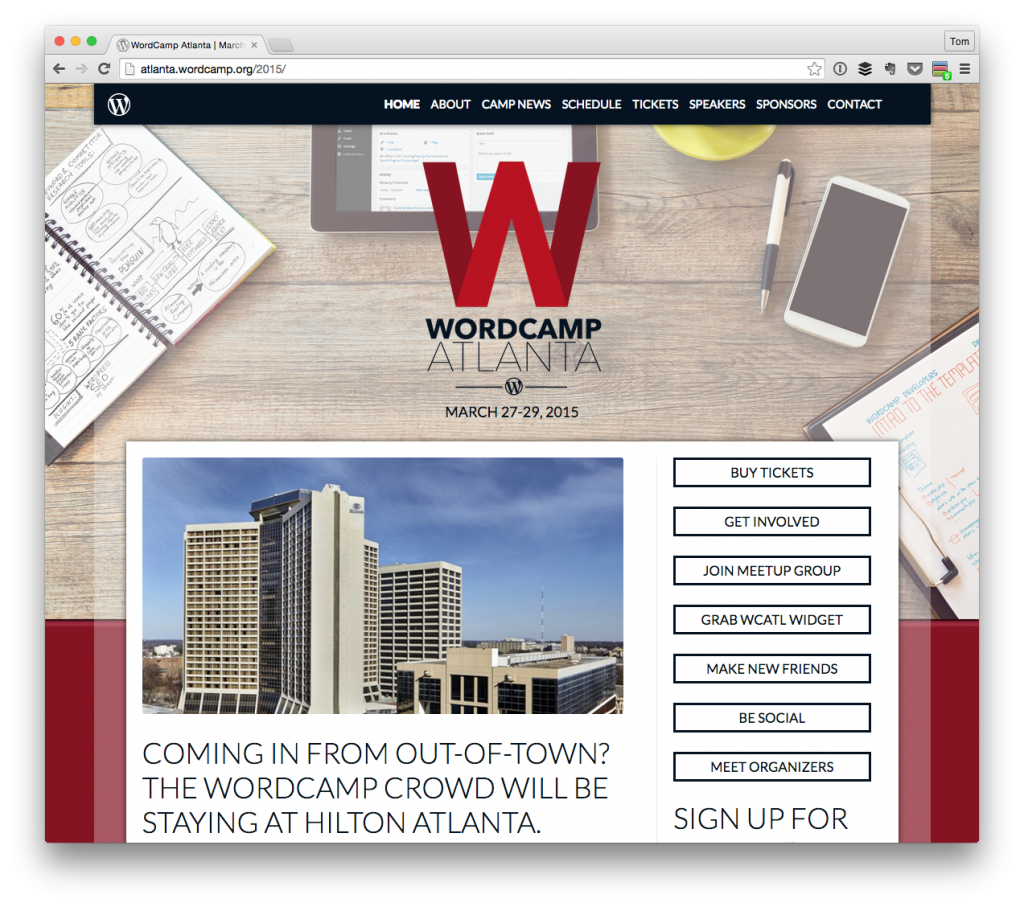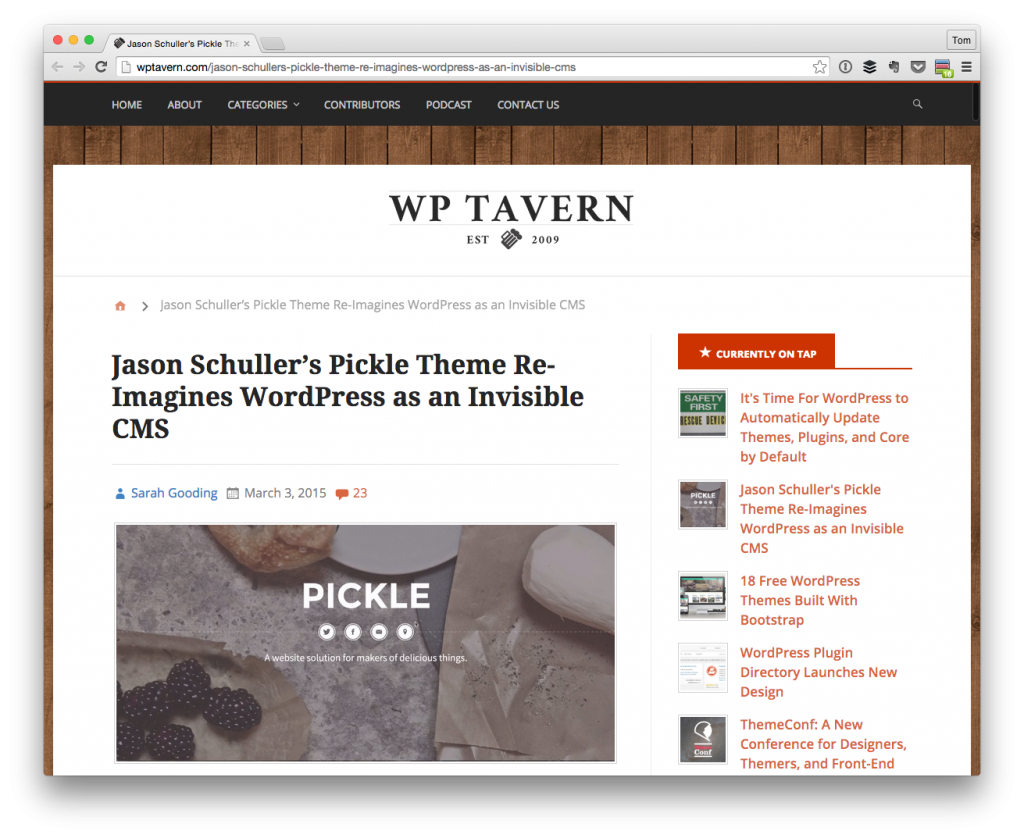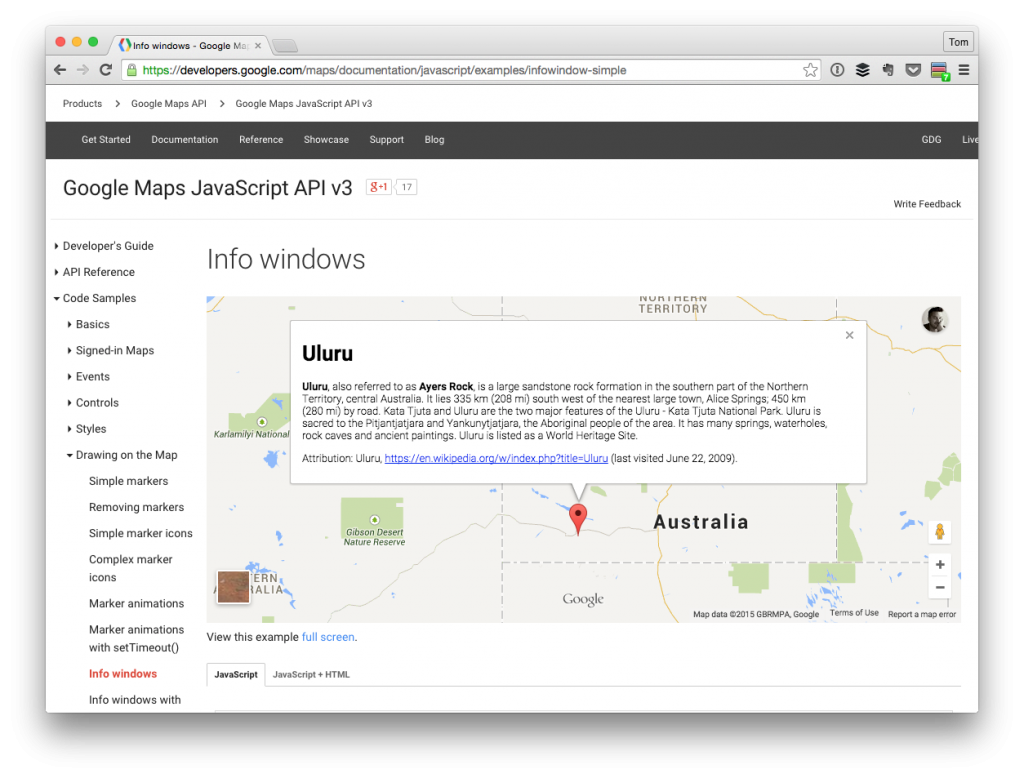This year, WordCamp Atlanta is going to take place March 27th – March 29th and I’m really looking forward to it.

As it has been for the last few years, the event is going to be held at The Loudermilk Center in downtown Atlanta.
Software Engineering in WordPress, PHP, and Backend Development
This year, WordCamp Atlanta is going to take place March 27th – March 29th and I’m really looking forward to it.

As it has been for the last few years, the event is going to be held at The Loudermilk Center in downtown Atlanta.
For those who blog, you’ve no doubt been asked at some point in time:
How do you find the time to blog?
Or:
How do you consistently come up with things to write about?
And for those who are just starting out, I think these are great questions especially if you love to write.
After all, most (admittedly, some are in it for different reasons) of us do this because we like it – we enjoy sharing what we’ve learned, we hope to help others along their way, and we hope to learn from others via comments.

How I See Me Blogging
But if you’re looking to start a blog, looking to blog more regularly, or just trying to find some sources of inspiration for how to continue, then here are some things that I’ve found useful when wanting to consistently share things with you each day.
Granted, this may be geared more towards developers than anything else – I’ve tried to keep it pretty agnostic – but perhaps this advice for blogging will help someone else along the way.
Earlier this week, WP Tavern wrote up an excellent piece on Jason Schuller’s newest project, Pickle.
I’ve ended reading over the article (and the comments) a number of times because I think there are some really, really great though as it relates to using WordPress as an application platform.

This is something that I’ve talked about a number of times and it’s something that I really want to see happen more and more in the future; however, this is one of the first times that I’ve really seen someone take WordPress, use it as a foundation for solution that’s built towards a specific market, and then articulated it in such a way that does a great job of expressing what exactly it means for WordPress to be an application platform.
Over the last few weeks, I’ve talked about some of the changes that I’ve been looking to make over the coming weeks primarily so that I can re-focus my efforts. Specifically, I talked about this in this post and in this post.
One of the first changes that I needed to make was that of the WordPress Plugin Boilerplate.
A couple of weeks ago, I shared a quick tip on working with multiple InfoWindows with the Google Maps API specifically within the context of WordPress.

When working with this API, there are a number of considerations to take into account each of which is going to depend on how much of the API you’re going to be using; however, one constant that’s going to remain regardless of how much you’re using is the rate limit.
That is, unless you’ve paid Google a decent chunk of change, then you’re going to have to take rate limiting into account whenever you’re working with this API. And if you’re charting quite a few locations for, say, several different pages or several searches, then you can hit that limit quickly.
If you’re not at the point where you can pay Google to up the rate limit, but you’d like to still make sure your project doesn’t totally bomb out if the rate limit is hit, then I recommend using transients to store Google Maps data for an interval of time so that you aren’t making frequent calls to the API.
Continue reading
© 2026 Tom McFarlin
Theme by Anders Noren — Up ↑